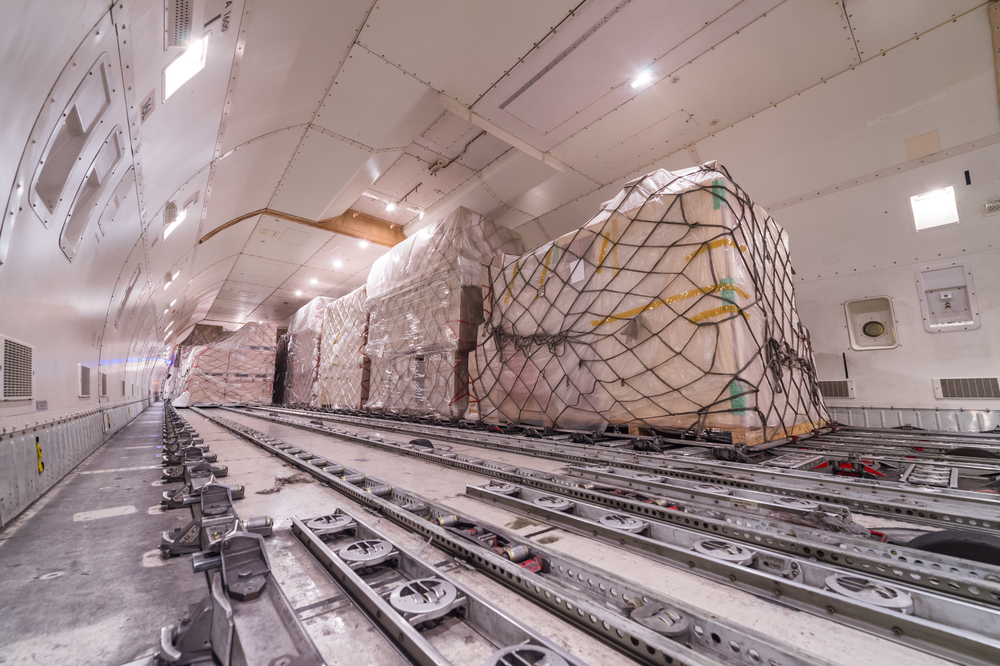IATA syas air cargo clocking up value in aviation industry

Air cargo contributed more than a third of airline revenues in 2021, over double its contribution in 2020, said the International Air Transport Association (IATA) in its Annual Review 2022.
The trade association said that in 2021, air cargo generated $155bn, up from $129bn in 2020 and $101bn in 2019.
Global demand for air cargo was up 6.9% compared with the pre-Covid level in 2019 and up 18.7% compared with the level in 2020. Air cargo capacity in 2021, however— measured in available cargo tonne kilometers (ACTKs)—was 10.9% below the ACTKs in 2019 (-12.8% for international operations).
IATA said that in the face of challenges presented by supply chain congestion and Covid restrictions it “urges governments to exempt air cargo crews from the Covid-19 restrictions imposed on regular travellers and to coordinate and standardise their pandemic measures so that air cargo can move around the world with minimal disruption”.
Airlines have committed to net zero carbon emissions by 2050 in line with the Paris Agreement. IATA said it has already seen some good decarbonisation efforts by the air cargo industry in the areas of refleeting, SAF uptake and electrification of ramp vehicles.
It added: “More opportunities are available for air cargo to improve its operational efficiency through modernisation and digitalisation, yet another priority for the air transport industry as a whole.”
Digitalisation in the industry is helping to modernise air cargo shipments, make them more efficient and support the growth of sectors such as e-commerce.
The e-air waybill is expected to cover 100% of shipments on all enabled trade lanes by the end of 2022. IATA said the One Record data sharing standard is currently undergoing 17 test implementations involving 145 companies and three customs authorities.
“Underpinning the digitalisation of the supply chain is IATA’s Cargo XML messaging standard, which is being accepted by an increasing number of customs authorities,” IATA said.
IATA recently called on governments to further support the safe carriage of lithium batteries by developing and implementing global standards for screening, fire-testing, and incident information sharing.
Rebecca Jeffrey www.aircargonews.net
